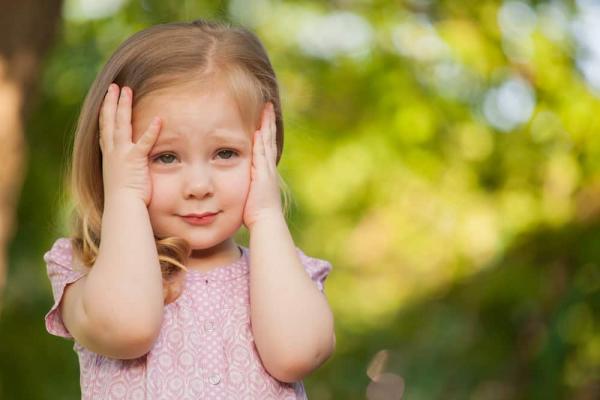
When you asked Mom and Dad who their favorite child was, you were bombarded with reassurance that there was no favorite child; of course your parents loved you all equally, albeit differently. But is that really the truth? It may be your straight A student sister, or your ambitiously athletic brother; or maybe you were the favorite. Though you were told differently, everyone assumed that there was really a favorite. Whether picking a favorite child was a lighthearted joke or a more serious debate in your family, it seems to be a present topic for any family with more than one child.
NPR reported how some studies show that about 80 percent of parents do have a favorite child even if they profess they don't. So what's the catch? How do parents explain picking a favorite?
There are several reasons why parents tend to pick a favorite child. Forty-twopercent of parents who admitted they did have a favorite kid said it was because they felt they had a stronger bond with one particular child. Other parents admitted that it was because their other children misbehaved, and they had picked a favorite child based on good behavior. Some parents report that they feel a gender-based bond between mother and daughter or between father and son.
If your child thinks that there is a favorite sibling, however, it can have very negative effects. There are detrimental consequences associated with this thought process.
Psychologist Alex Jensen studies family relationships and concluded some interesting results from his experience studying favoritism in families. He reported that even if parents are treating their children equally, if kids even think parents have a favorite, there are some pretty severe side effects.
Apart from breeding favoritism, bad relationships, and ill-will between siblings, having favorites increases the likelihood of your "non-favored" children to experiment with drugs and alcohol.
Jensen's study concluded that children who were not thought of as their parent's favorite had a higher risk of underage cigarette use and were more likely to drink alcohol. Teenagers were found to be at a higher risk for smoking marijuana or experimenting with harder drugs. Children who felt that they were less favored were twice as likely to use these substances.
For teenagers, the riskier the behavior, the more present favoritism was thought to be in their families. It's no secret that underage drug and alcohol use is detrimental to the developing brain, and leads to a higher chance of being an addict as an adult. As it turns out, picking favorites is potentially life threatening.
What does this mean for parents? Jensen found that families that had solid and close-knit relationships were more immune to the effects of thought-favoritism. He said, "In [close-knit] families like that there's really no link between kids' perception and their behavior." Families that didn't fight frequently also had a reduced risk of impacting their children with potential favoritism side effects.

